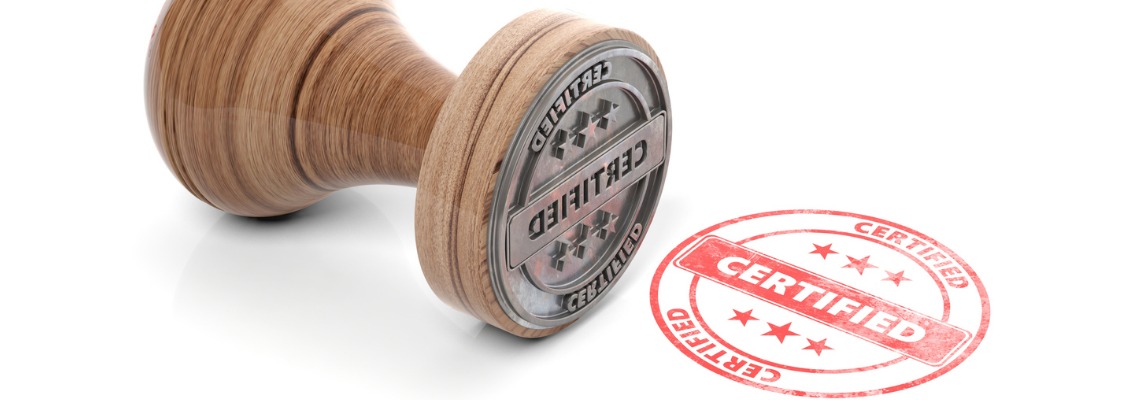
Credentials: Have Evidence of Your Skills
How do you let employers know that you have the skills they need? Show employers your credentials in your resume, portfolio, and discuss them during your job interview.
What is a credential?
A credential is a document, certificate, license, or digital badge proving a person's qualifications. You earn credentials by proving you have the knowledge and the skills that are required often through completing courses or training and taking tests. Examples of credentials include:
| Credential/Examples | Definition |
Certificate
|
|
Degree
|
|
Diploma
|
|
Occupational License
|
|
Certification from Industry or Professional Association
|
|
Badge
|
|
What are the benefits of having credentials?
- Credentials give you an advantage in the hiring process. They give employers evidence that you have the skills you claim.
- Some industries may pay you a higher wage when you demonstrate you have a higher level of skills.
- Some credentials can be built upon and earned as you advance in your career. These are called stackable credentials. These credentials help you get into the career field and move up.
- Some jobs require that you have a credential or a license. For example, truck drivers and healthcare professionals need a license to perform their jobs.
How long does it take to earn credentials?
The amount of time it takes to earn credentials depends on several factors such as:
- Prior knowledge of the subject,
- The job level for which the credential is needed,
- Technical skills needed, and
- Hands-on experience required.
There are career pathways in high-demand career areas that require short-term training to earn credentials over weeks or months. These credentials may build upon each other as stackable credentials. Other credentials may take a year or longer. When looking at career information and the training and credentials needed for them, consider how long it may take to earn them.
How do I learn more about credentials?
- Take a look at the types of certifications that are listed in Illinois Pathways.
- Select an Illinois Pathway
- Select Credentials and Assessments
- Use the
Certification Crosswalk tool on the Perkins Collaborative Resource Network website to find certification opportunities for career and technical education.
Visit professional association websites for various industries. Here are some to get you started.
Resources:
[1] https://www.campusexplorer.com/alternative-education/certificates/
[2]
https://en.wikipedia.org/